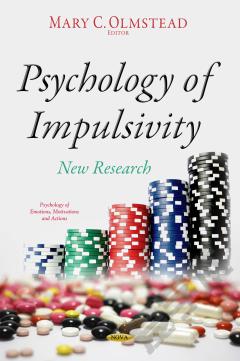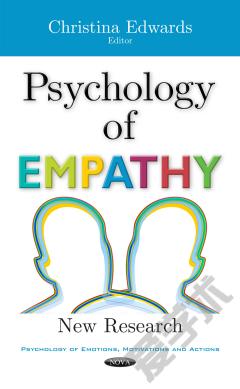Psychology of Impulsivity: New Research
Impulsivity is a primary feature of many psychiatric conditions and often leads to maladaptive behaviors in nonclinical populations. This predisposition to rapid, unplanned actions and a disregard for future, negative consequences leads to seemingly irrational and self-defeating behaviours including substance abuse, pathological gambling, binge eating, and self-harm. Even in young children, impulsivity can have detrimental and long-lasting effects: deficits in impulse control predict poor academic performance and are correlated with behavioural, social, and emotional problems. This book provides an up-to-date overview of research in impulsivity from personality theories through cognitive and biological mechanisms to genetic markers. It also reviews current theories on factors that precipitate the emergence of impulsive behaviors, such as early adversity or learned contingencies. Topics include the development of assessment tools to identify impulsivity in vulnerable populations, conceptualization of impulsivity within a personality prototype model, and identification of disorders in which impulsivity leads to suicide-related behaviors. This broad psychosocial perspective helps to explain how impulsive tendencies develop and how these are exacerbated in certain conditions. Most importantly, factors that mediate the relationship between impulsivity and maladaptive behaviors such as aggression, excessive drug use, or self-injury are discussed throughout the book. Many of the authors present new ideas for the remediation and therapy of impulse control disorders; the final chapter discusses exciting advances from proof of concept studies exploring noninvasive brain stimulation as a treatment for neurocognitive impairments associated with impulsivity. Overall, the integration of data from behavioural, biological, social, and environmental studies takes research in impulsivity to a new level. For the reader, the novel theoretical perspectives presented in this book will lead to a more thorough understanding of the relationship between impulsivity and behavioural disorders.
{{comment.content}}








 京公网安备 11010802027623号
京公网安备 11010802027623号